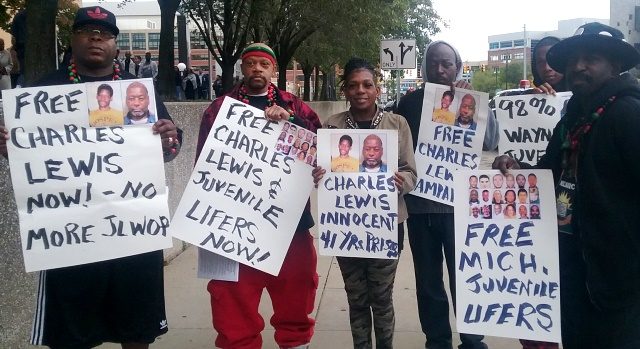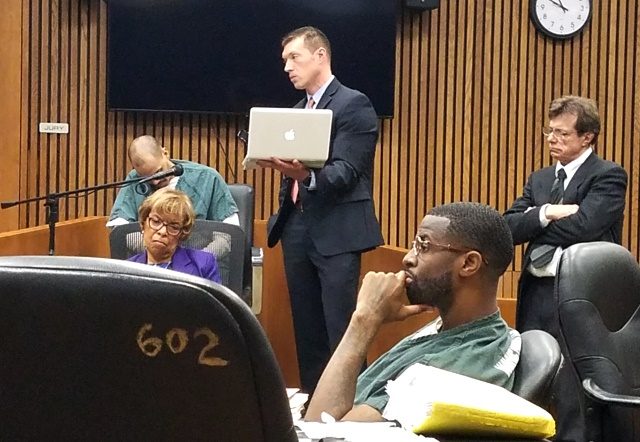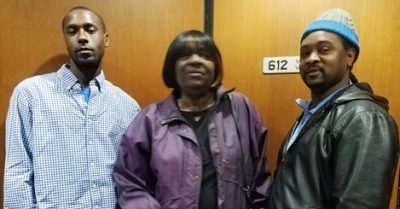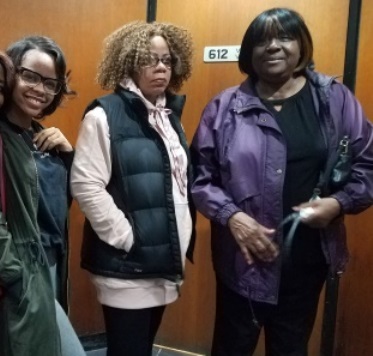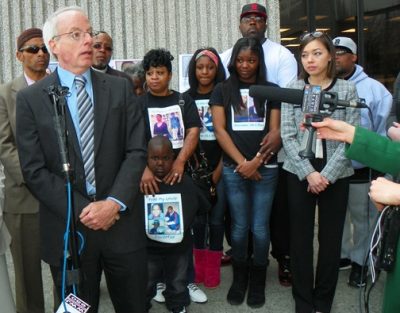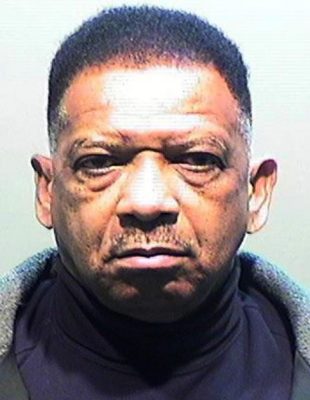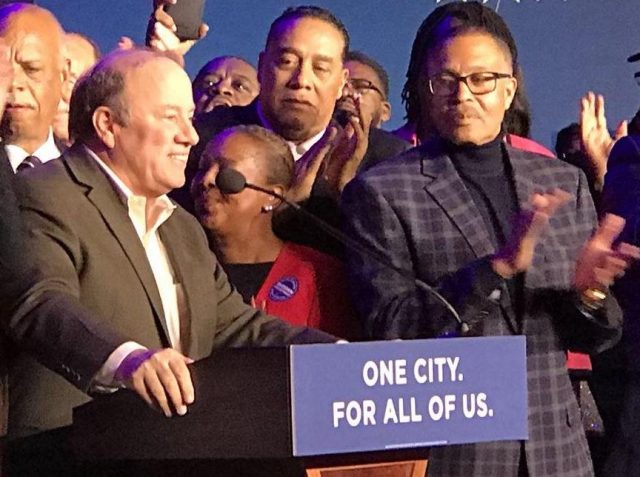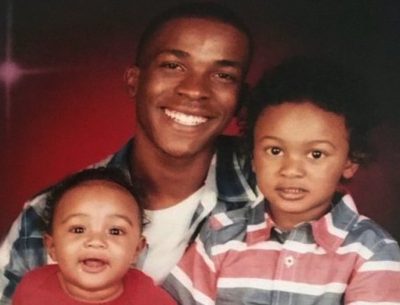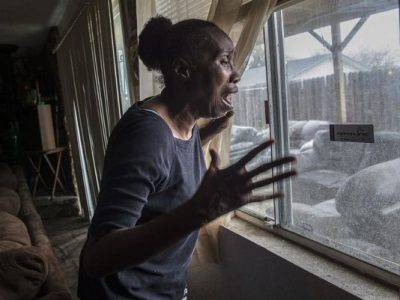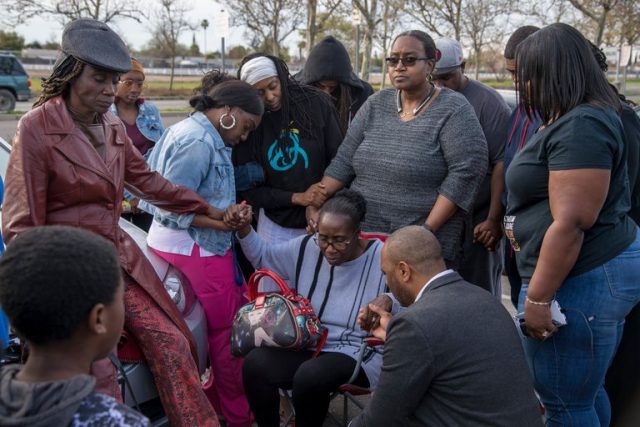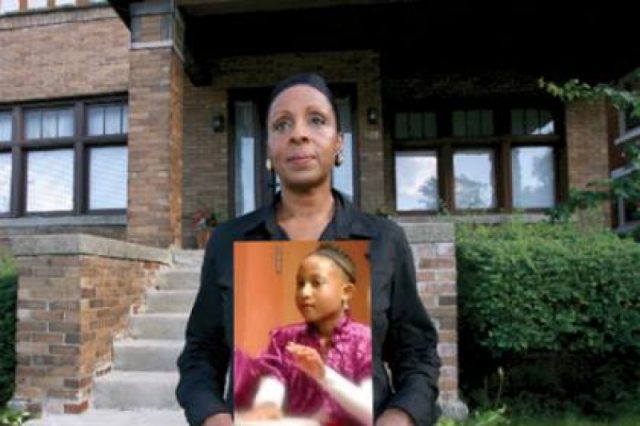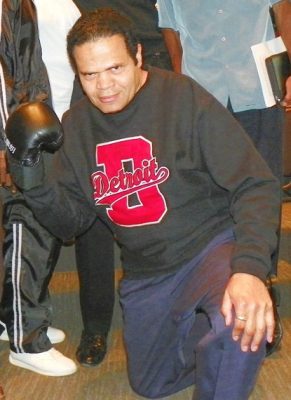The woman affectionately known to millions of South Africans as the Mother Of The Nation passed away on Monday afternoon at the Milpark Hospital surrounded by her family.
Eyewitness News | April 2, 2018

Winnie Madikizela-Mandela waves as she attends 54th ANC Conference in Johannesburg 2017
JOHANNESBURG – The late Winnie Madikizela-Mandela is being remembered on Monday evening as a voice for the voiceless, a champion of justice and equality and a symbol of the struggle against apartheid.

The young revolutionary.
The woman affectionately known to millions of South Africans as the Mother Of The Nation passed away on Monday afternoon at the Milpark Hospital surrounded by her family.
The struggle stalwart had been in and out of the facility, battling a recurring kidney infection.
Leading tributes is President Cyril Ramaphosa who says the country has lost a hero.
“Even at the deepest moments of our struggle for liberation, mam’ Winnie was an abiding symbol of the desire of our people to be free. In the midst of repression, she was a voice of defiance and resistance.”
African National Congress secretary-general Ace Magashule says Madikizela-Mandela’s spirit encouraged freedom fighters and inspired both young and old.
“Comrade Winnie dedicated her life to the betterment of her people and she worked for the realisation right to until the end of her life. She was an inspiration to both young and old who shared her vison of an egalitarian prosperous and free South Africa.”

Winnie Madikizela-Mandela at Union Buildings in Pretoria April 27, 2004
Opposition parties have also paid tribute to Madikizela-Mandela with the United Democratic Movement praising her as a feisty and vocal freedom fighter, while the Democratic Alliance has expressed its sadness.
Party leader Mmusi Maimane said: “We join the continent, the people of this country and certainly the freedom fighters all over the world in mourning and we certainly owe a great deal of gratitude as a country but also we need to celebrate her life and continu the values of the struggle that she stood for.”
The Nelson Mandela Foundation has described Madikizela-Mandela’s passing as a blow.
In a statement, the foundation says the woman many referred to as the Mother of the Nation travelled a long road with her former husband and fellow anti-apartheid activist Nelson Mandela

Pres. Nelson Mandela and Winnie Mandela in Detroit in 1990/Walter P. Reuther Library
The foundation’s chairman professor Njabulo Ndebele says all South Africans are indebted to Madikizela-Mandela.
Archbishop Emeritus Desmond Tutu has sent his message of condolences, hailing Madikizela-Mandela as a defining symbol of the struggle against apartheid.
Meanwhile, the Ahmed Kathrada Foundation has described Madikizela-Mandela as an iconic symbol against apartheid, whose militancy, courage and defiance kept the struggle alive.
‘YOU TOUCH A WOMAN YOU TOUCH A ROCK’
JOHANNESBURG – The African National Congress (ANC) has lauded late struggle stalwart Winnie Madikizela-Mandela as one of the greatest icons of the struggle against apartheid.

Winnie Mandela returns to Brandtfort, where she was exiled, to visit the children
Madikizela-Mandela passed away in the early hours of this morning at Netcare Milpark hospital after battling an infection to her kidneys.
The governing party, which she fought under, said it would be visiting her family home later on Monday.
Energy Minister Jeff Radebe says the ANC dips its banner following the death of Madikizela-Mandela on Monday morning.
“She was really a colossus of the southern African political landscape. As the ANC, we dip our revolutionary banner in salute of this great icon of our liberation struggle.”
He says Madikizela-Mandela’s fight against the apartheid regime is exemplary.

Nelson Mandela leaves prison with Winnie at his side.
“This was in recognition of her fearless and uncompromising stand that she took against the might of the apartheid regime.”
Joint details of her memorial and funeral will be released from the family, the ANC and the government.
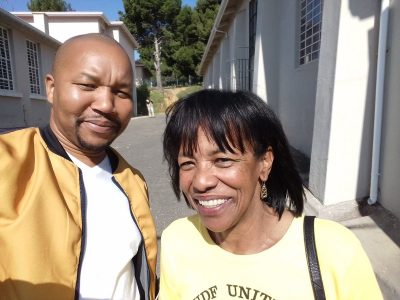
Yonela Diko
Meanwhile, the ANC in the Western Cape says the passing of Madikizela-Mandela is indeed a sad day for the nation.
Provincial spokesperson Yonela Diko said: “And she really heeded to that call of Albertina Sisulu of ‘wa thinta abafazi wa thinta imbokodo’- you touch a woman you touch a rock. They were strong, they were resilient. And it’s not far-fetched to say that Winnie Mandela kept the struggle single-handedly while the men were languishing in prison.”
YOUTH, WOMEN LED DECADES OF BATTLES FOR FREEDOM
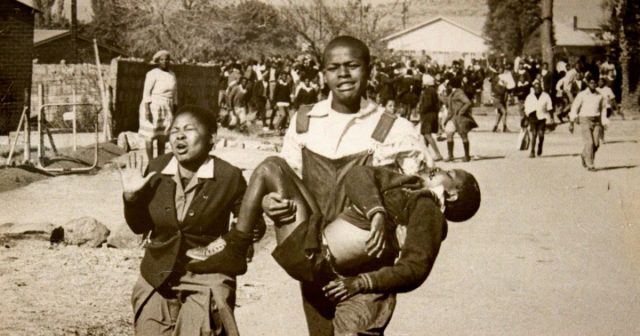
Hector Peterson, during historic Soweto Rebellion in 1976
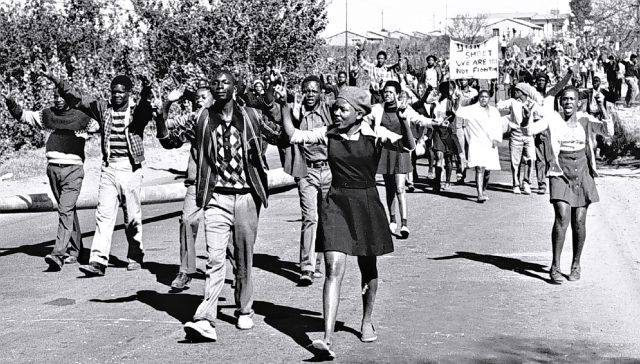
SOWETO – SOUTH AFRICA, JUNE 16: On 16 June 1976 high-school students in Soweto, South Africa, protested for better education. Police fired teargas and live bullets into the marching crowd killing innocent people and ignited what is known as “The Soweto Uprising”, the bloodiest episode of riots between police and protesters since the 1960’s. (Photo by Bongani Mnguni/City Press/Gallo Images/Getty Images)
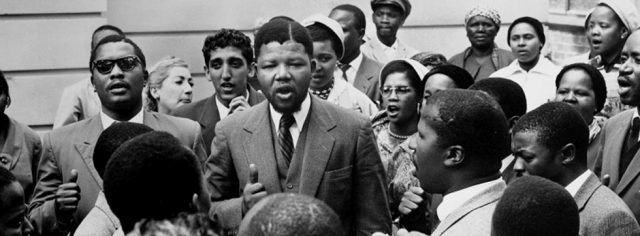
Women campaign with young Nelson Mandela.

South African youth battle apartheid, ready for combat.
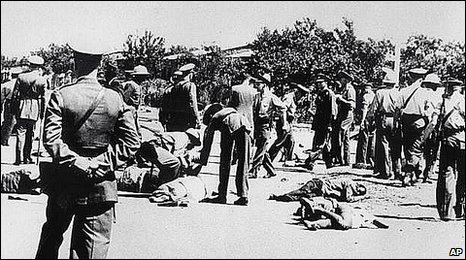
In memory of the heroes of the Sharpeville massacre.

In this July 3, 1981 photo, anti-apartheid demonstrators march through Auckland, New Zealand to protest the tour of South Africa’s Springbok rugby union team. The tour had proceeded, in the face of bitter opposition from critics of South Africa’s system of apartheid or racial segregation; with the sanction of the New Zealand Rugby Union and government of then Prime Minister Robert Muldoon. Few of the players who will wear the New Zealand or South African jerseys in Saturday’s, Sept. 12, 2009, Tri-Nations rugby test at Hamilton directly remember the last visit by the Springboks to this sedate North Island city.(AP Photo/New Zealand Herald) ** NEW ZEALAND OUT, FAIRFAX AUSTRALIA OUT **


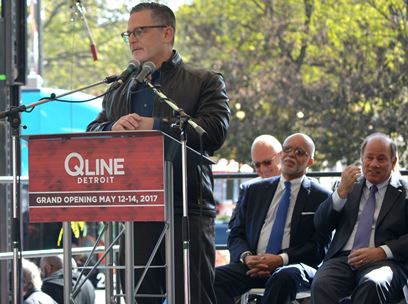
 Evans office was quoted as saying this would include a county jail, a juvenile detention facility, county offices and a court.
Evans office was quoted as saying this would include a county jail, a juvenile detention facility, county offices and a court.
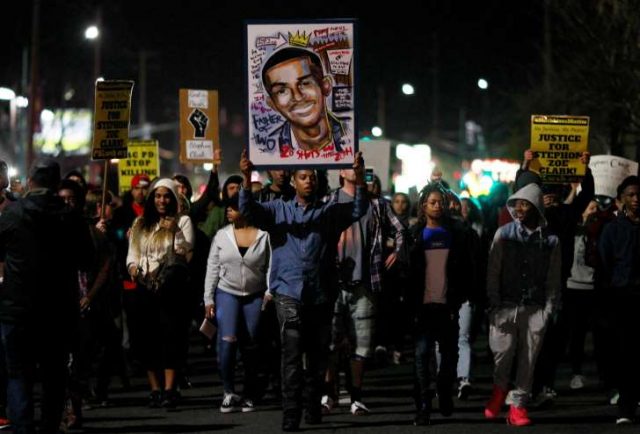
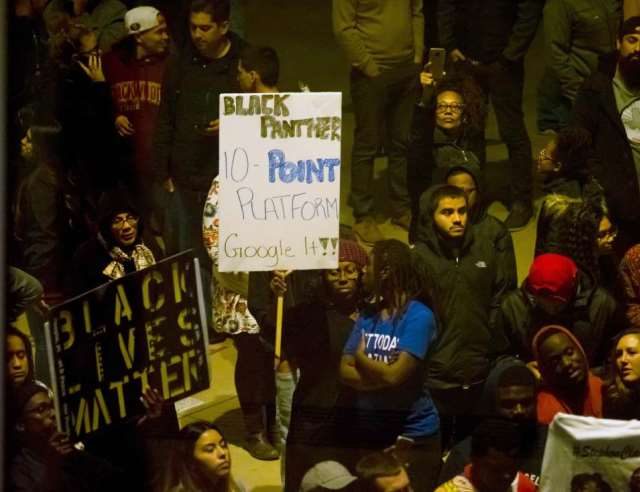

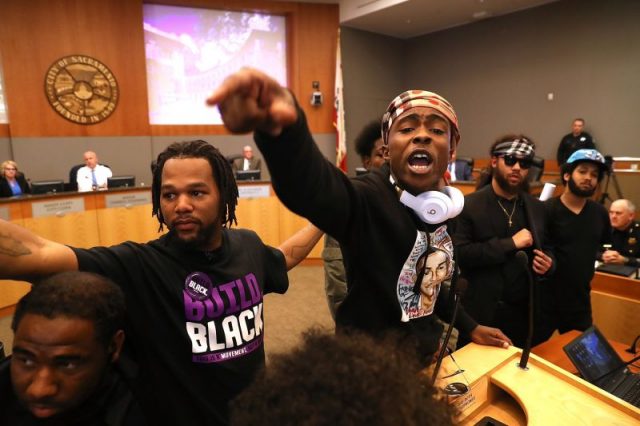

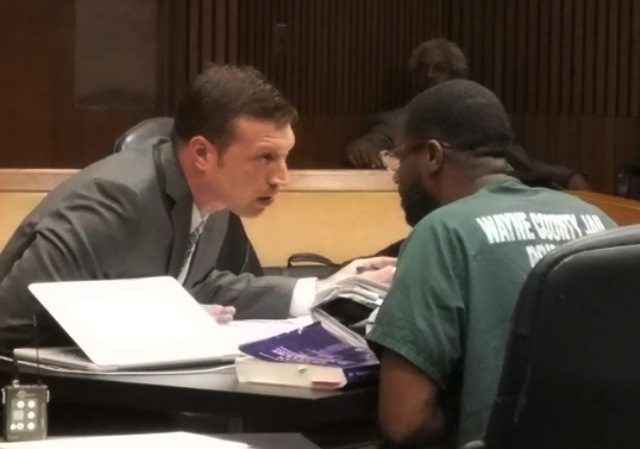
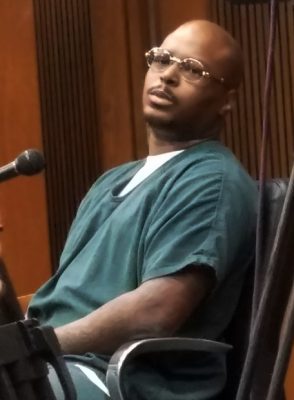
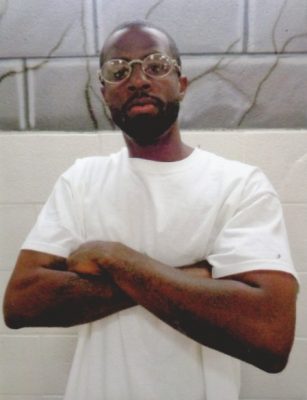
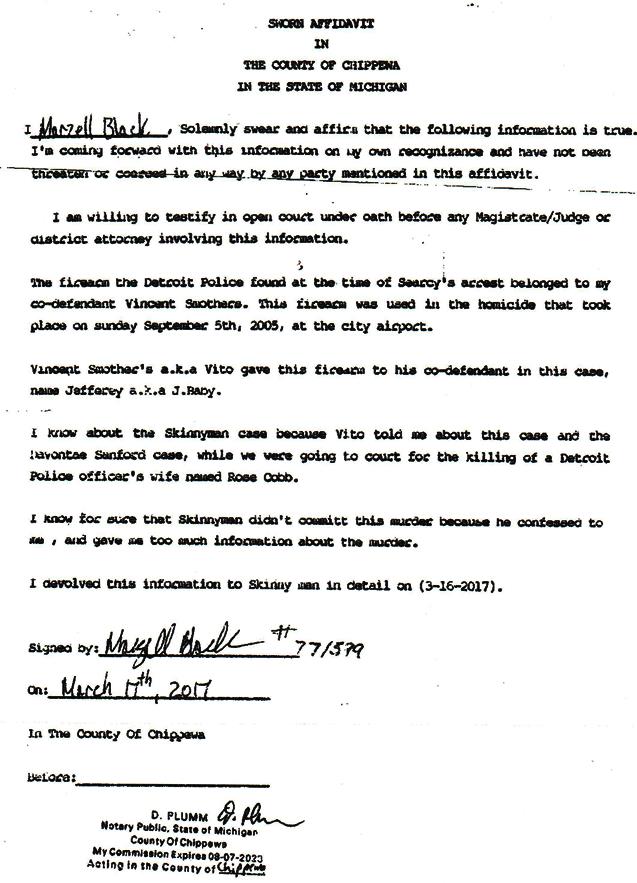
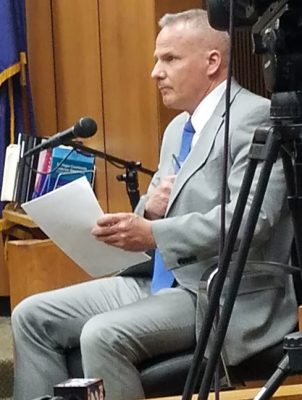
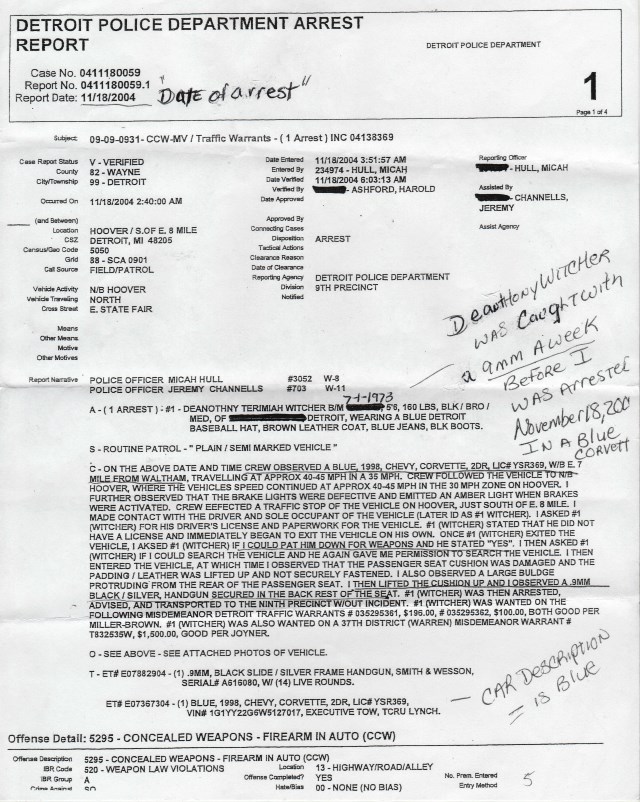
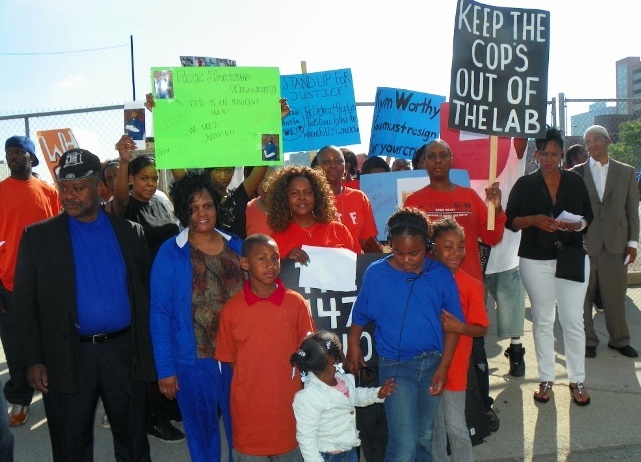

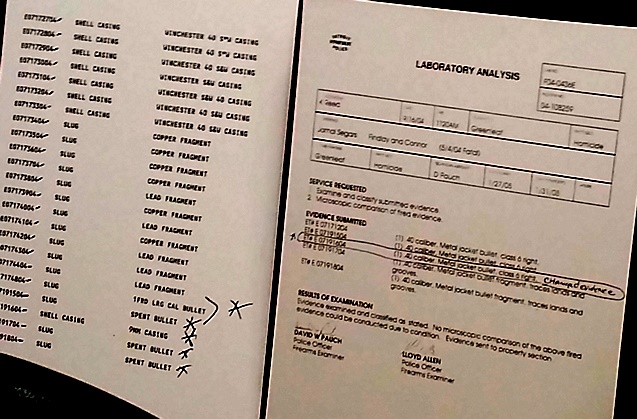
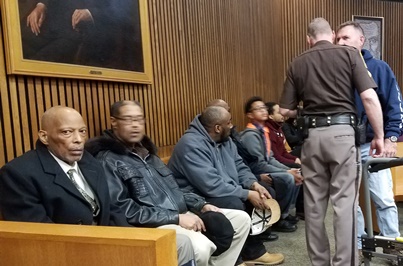
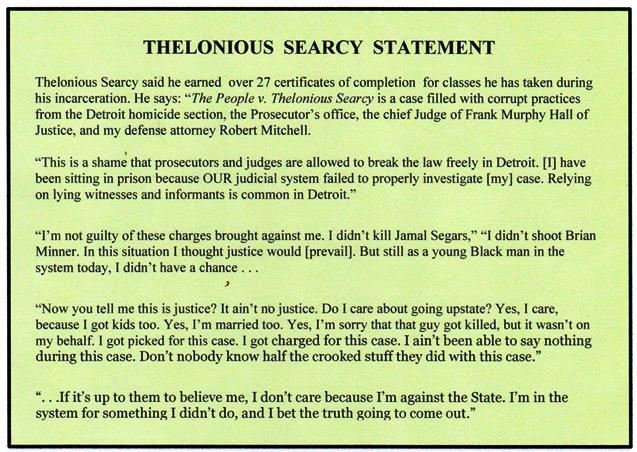 RELATED STORIES:
RELATED STORIES: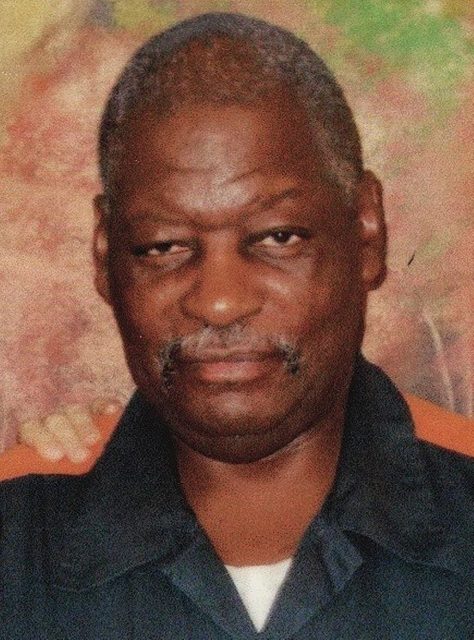
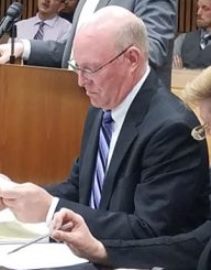

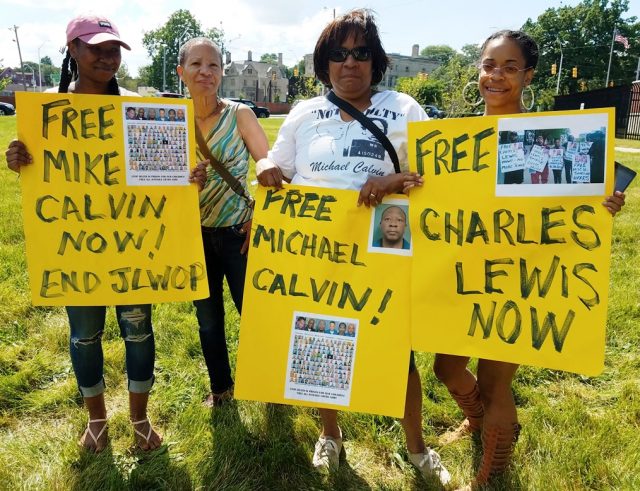
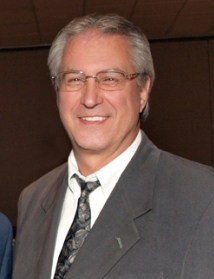
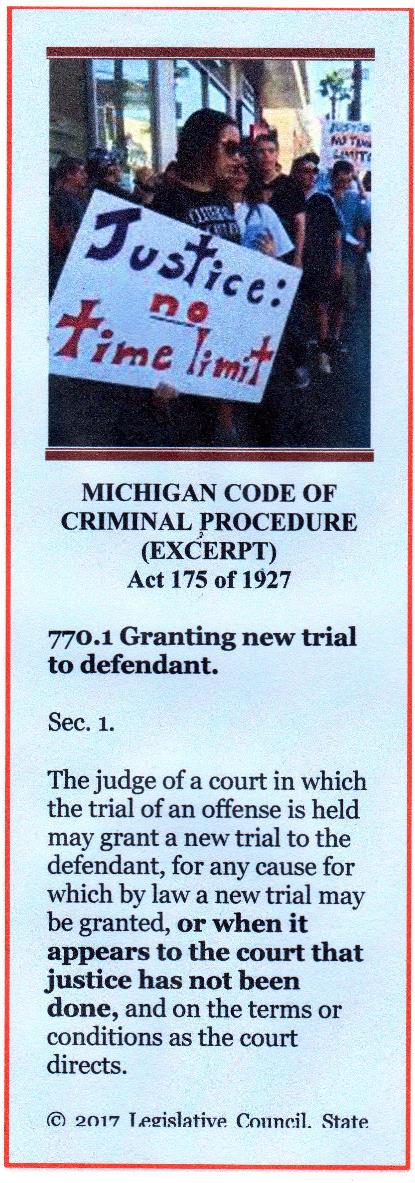 “The Defendant is currently being held in prison illegally,” the motion reads. “The Defendant’s first jury was dismissed sua sponte by Judge Joseph E. Maher on March 22, 1977. All subsequent legal proceedings held after March 22, 1977 were double jeopardy barred by People v Benton, 402 Mich 47 (1979).”
“The Defendant is currently being held in prison illegally,” the motion reads. “The Defendant’s first jury was dismissed sua sponte by Judge Joseph E. Maher on March 22, 1977. All subsequent legal proceedings held after March 22, 1977 were double jeopardy barred by People v Benton, 402 Mich 47 (1979).” 

